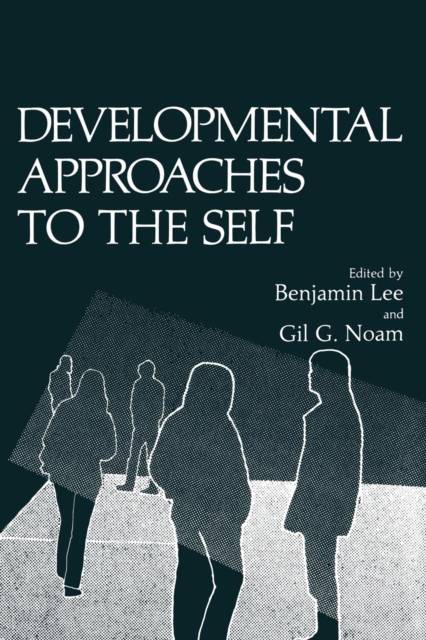
- Afhalen na 1 uur in een winkel met voorraad
- Gratis thuislevering in België vanaf € 30
- Ruim aanbod met 7 miljoen producten
- Afhalen na 1 uur in een winkel met voorraad
- Gratis thuislevering in België vanaf € 30
- Ruim aanbod met 7 miljoen producten
Zoeken
Omschrijving
Each of the three great schools of developmental psy- chology represented in this vo1ume--psychoana1ytic, cogni- tive-developmental, and Vygotskian--diverges in important ways. But more recent changes in each discipline have led to new possibilities for theoretical integrations. Each ori- entation has begun to focus upon the problem of "meaning construction", that is, how a person's subjectivity and con- sciousness is created through his interaction with signifi- cant others. Each discipline also discovered that as it switched to meaning and interpretation as the foci of their work, they had to reformulate and, in some cases, reject po- sitions taken by their founding figures. The papers in this volume attempt to describe the newest developments in each of these fields and to foster a theoretical dialogue around the concept of the self. The papers in this book emerged out of discussions at a Conference on the Self, sponsored by the Center for Psychosocial Studies in Chicago. For the psychoanalytic and cognitive-developmental ap- proaches, we can observe a transition from what we call the bio10gism of both traditional Freudian and Piagetian memta- psychologies to a more "communicative-interactionist" point of view. Psychoanalysts have focused on the subjective expe- rience of their patients as constituting a reality in its own right, and therefore have always focused upon problems of communication and interpretation. But Freud's emphasis on bio-sexua1 development led him to create a metapsycho1ogy in which the basic organizing principle is that of drive re- duction.
Specificaties
Betrokkenen
- Uitgeverij:
Inhoud
- Aantal bladzijden:
- 400
- Taal:
- Engels
- Reeks:
Eigenschappen
- Productcode (EAN):
- 9781461336167
- Verschijningsdatum:
- 8/10/2011
- Uitvoering:
- Paperback
- Formaat:
- Trade paperback (VS)
- Afmetingen:
- 152 mm x 229 mm
- Gewicht:
- 548 g

Alleen bij Standaard Boekhandel
+ 167 punten op je klantenkaart van Standaard Boekhandel
Beoordelingen
We publiceren alleen reviews die voldoen aan de voorwaarden voor reviews. Bekijk onze voorwaarden voor reviews.







